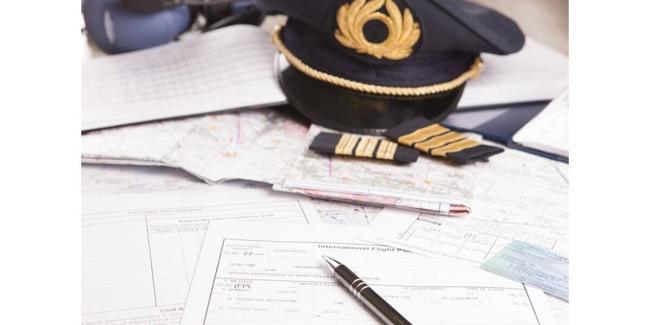Summary
Backed by years of experience in supporting airlines and aviation-related organisations, QHMS works closely with employers, training institutions, and regulators. This collaborative approach ensures pilots not only meet compliance standards, but also maintain long-term health and performance throughout their careers.
Source: The Manila Times

AI News Q&A (Free Content)
Q1: What is aviation medicine and how does it contribute to aviation safety and pilot health?
A1: Aviation medicine, also known as flight or aerospace medicine, is a preventive and occupational field focused on the health of pilots, aircrews, and astronauts. Its primary goal is to treat or prevent medical conditions specific to aviation environments, thereby reducing risks associated with flight. By addressing factors such as hypoxia, fatigue, and psychological stress, aviation medicine plays a critical role in ensuring pilot fitness and overall aviation safety, supporting both regulatory compliance and long-term health outcomes for aviation professionals.
Q2: How does Quality HealthCare Medical Services (QHMS) in Hong Kong support pilot health and aviation safety?
A2: Quality HealthCare Medical Services (QHMS) collaborates with airlines, training institutions, and regulatory bodies in Hong Kong to provide comprehensive medical support for pilots. Their approach includes routine health assessments, preventative care, and compliance with aviation medical standards. By integrating health monitoring and tailored interventions, QHMS helps pilots maintain peak performance and meets the rigorous requirements set by aviation authorities, which in turn strengthens aviation safety culture in the region.
Q3: What advancements in technology are influencing pilot health and operational safety in recent years?
A3: Recent advancements such as the development of Virtual Co-Pilot (V-CoP) systems, powered by large language models (LLMs), are transforming aviation safety. These technologies assist single pilots by automating quick-access procedure searches, integrating real-time cockpit data, and providing situational analysis.
Q4: What are the latest scholarly findings on the relationship between pilot physiological data and aviation safety?
A4: A 2024 study introduced an Extreme Learning Machine (ELM)-based model for evaluating pilot performance using physiological signals. By analyzing high-dimensional data such as heart rate, stress indicators, and cognitive workload, the model predicts flight performance and quantifies the impact of human factors on safety. This approach offers a more objective and data-driven method for cockpit design and pilot evaluation, enhancing the alignment of human capabilities with safety protocols.
Q5: How do health care systems ensure quality in medical services for specialized sectors like aviation?
A5: Quality in health care, especially for sectors like aviation, is assessed by measuring the effectiveness of interventions and the reduction of risk factors through preventive care. Health systems rely on well-trained professionals, robust financing, reliable data, and maintained facilities to deliver high-quality medical services. For aviation, these systems are tailored to address specific occupational risks, ensuring timely interventions that preserve pilot health and uphold safety standards.
Q6: How does access to tailored health care impact the long-term performance and well-being of pilots?
A6: Access to specialized health care is crucial for pilots, as it addresses unique occupational risks and supports ongoing physical and mental fitness. Barriers such as financial limitations, geographic constraints, and health literacy can affect service utilization and outcomes. Systems like those implemented by QHMS in Hong Kong mitigate these barriers by offering integrated, accessible care, directly correlating with improved pilot health, reduced absenteeism, and sustained operational performance.
Q7: What are the key themes identified in recent analyses of aviation safety narratives, and how can they inform future safety protocols?
A7: These analytical methods provide actionable insights by highlighting risk factors and trends across sectors. The findings support the integration of neural topic models and advanced text-mining in safety management systems, guiding the continuous improvement of aviation protocols to mitigate identified risks.
References:
- Aviation medicine - https://en.wikipedia.org/wiki/Aviation_medicine
- Quality HealthCare Medical Services - https://en.wikipedia.org/wiki/Quality_HealthCare_Medical_Services
- Health care - https://en.wikipedia.org/wiki/Health_care
- Health care quality - https://en.wikipedia.org/wiki/Health_care_quality





